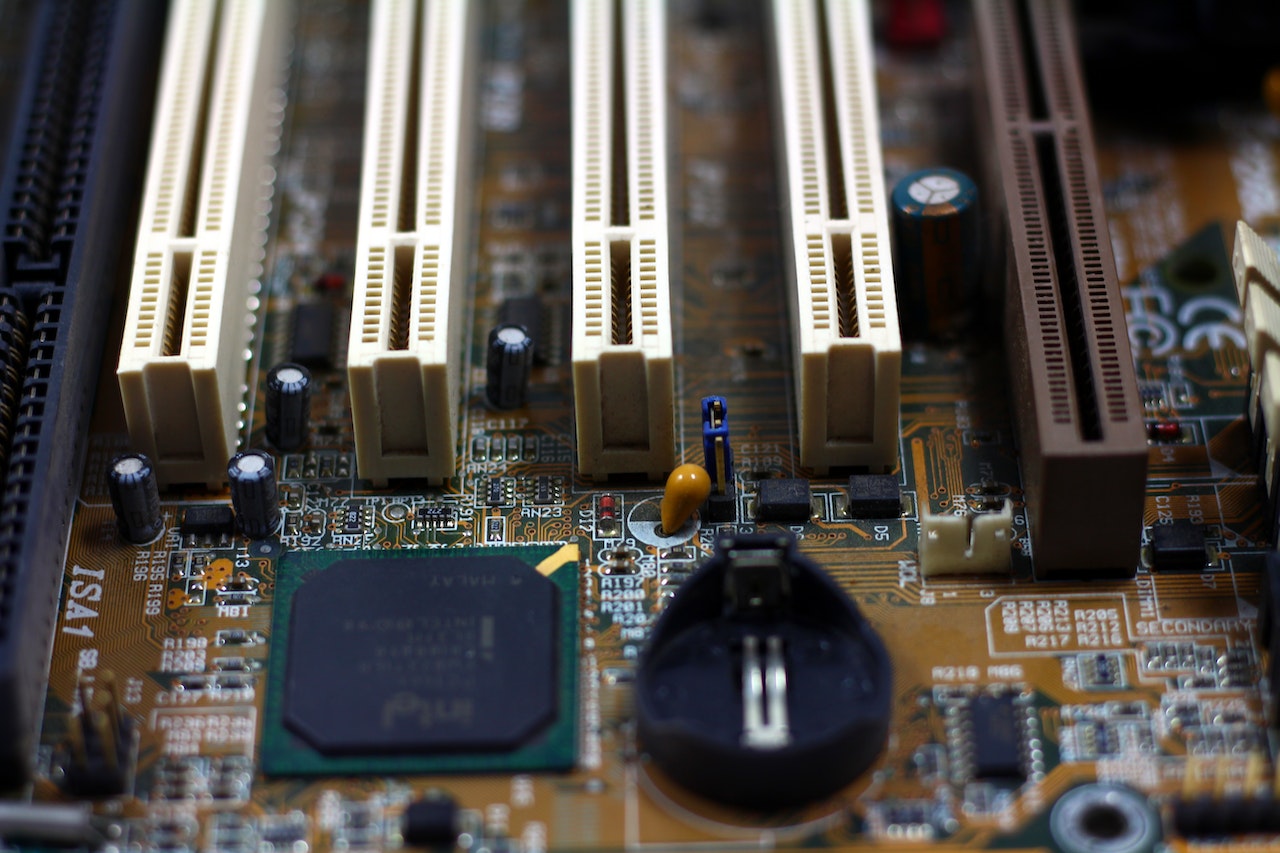India plans quantum leap in computing power
The Centre has recently approved Rs 6,003 crore for the National Quantum Mission, to fund scientific and industrial research development in quantum technology. In this regard, IBT explores the realm of quantum technology, where its application lie and also India’s current position in this field.

Image Source: Pexels
Quantum technology has become yet another sector of focus in the global technology arena. There has been a significant increase in research and development in the field, with companies and governments investing heavily in the technology. As more breakthroughs are made, the potential applications of quantum technology are becoming clearer and more widespread, from improved data security to faster computing to even new forms of medical treatments.
Quantum technology works by using the principles of quantum mechanics to process information and perform tasks that would be impossible for classical computers. While it has the potential to revolutionize many fields, it is still in the early stages of development.
In simple terms, quantum computers can solve highly complex problems that are beyond the capabilities of even the most powerful supercomputers, like the countless ways a protein can fold. Unlike classical computers, which use binary code (1s and 0s) to process data, quantum computing involves multidimensional spaces that enable the visualization of patterns linking data points. They achieve these through quantum algorithms, and their processors utilise qubits rather than bits (1 qubit = 2^n bits), which enables them to execute multidimensional quantum algorithms.
National Quantum Mission
The Indian government has given the green light to the National Quantum Mission (NQM), which will be implemented from 2023-24 to 2030-31 with a total cost of Rs. 6,003.65 crore. The mission aims to establish and develop a robust and innovative ecosystem in Quantum Technology (QT), fostering scientific and industrial research and development to boost QT-driven economic growth. The ultimate goal is for India to emerge as a leading nation in the development and application of Quantum Technologies and Applications (QTA).
The motive is to develop intermediate-scale quantum computers with 50-1000 physical qubits within 8 years, using superconducting and photonic technology. Other deliverables include satellite-based secure quantum communications, long-distance secure quantum communications with other countries, inter-city quantum key distribution, and a multi-node Quantum network with quantum memories.
The National Quantum Mission will help in developing advanced technology for precise measurement of magnetic fields. This will be done by using atomic systems. The technology will be used for highly accurate timekeeping, communication, and navigation using atomic clocks. The mission will also support the development of materials specifically designed for use in quantum devices, such as superconductors and topological materials. Additionally, the mission will focus on creating devices that can produce and detect single photons and entangled photon sources for use in quantum communication, sensing, and measurement.
Four Thematic Hubs (T-Hubs) will be set up in top academic and National R&D institutes in the domains – Quantum Computing, Quantum Communication, Quantum Sensing & Metrology and Quantum Materials & Devices. The hubs will focus on the generation of new knowledge through basic and applied research as well as promote R&D in areas that are mandated to them.
What’s the hype?
-
Speed
Quantum computers utilize qubits to process both ones and zeroes at the same time, making them significantly faster than conventional computers which process information in bits. It is believed that quantum computers are 100 million times faster than even the most advanced supercomputers.
For instance, Google’s quantum computer, with 54 qubits powered by its Sycamore chips, was able to complete a complex calculation in just 3 minutes and 20 seconds that would have taken the world’s most powerful supercomputer around 10,000 years!
-
Need
With this tremendous speed, quantum computing can boost research in various fields, ranging from healthcare to finance. Industries such as defence, banking, space, high-tech, and manufacturing are poised to be at the forefront of quantum computing’s growth, with both critical and large-scale use cases.
Apart from strategic affairs, quantum tech is also expected to play a central role in areas like drug discovery, financial modelling, weather forecasting and fighting climate change. The technology is predicted to reach a critical level of maturity by 2026 or 2027, which is expected to lead to an increase in enterprise adoption.
Where does India stand?
Quantum computing is still in its early stages, with no commercially available quantum computers. The US, China, Canada, Germany, France and Finland have announced missions. Some have earmarked bigger funds. According to an estimate, China has invested US$ 15 billion even as global funding in the technology has topped US$ 36 billion.
Tech giants have already invested billions of dollars in this technology. Big players like Google, IBM, D-Wave Systems, Honeywell, Ion-Q and Alibaba have developed systems for research and are working to make them stable.
At present, India does not have many startups working on quantum applications, but there are still some noteworthy efforts taking place. For example, BosonQ Psi, based in Bengaluru, is working with global companies as part of IBM’s Quantum Network startup program to develop algorithms for simulations on quantum systems. Additionally, Indian IT firms like TCS and Tech Mahindra are collaborating with technical institutes to support research in this field.
In 2021, the Indian government also launched QSim, a quantum simulator that enables researchers to simulate quantum computation on supercomputers. This is one of the first initiatives in the country to address the common challenge of advancing the Quantum Computing research frontiers in India.
Final Word
The National Quantum Mission (NQM) is expected to bring quantum technology development in India to a globally competitive level. The mission aims to develop technology that will have wide-ranging applications across industries such as communication, health, finance, energy, and space applications. It will also support national priorities like Digital India, Make in India, Skill India, Stand-up India, Start-up India, and Sustainable Development Goals (SDGs).
For example, in the communication sector, the development of secure quantum communication systems can help protect sensitive data from hacking or interception. In the health sector, quantum computing can help develop more accurate models of disease and drug discovery. In finance, quantum computing can be used to develop more sophisticated financial models and risk management tools.
Overall, the NQM has the potential to boost India’s technological capabilities and contribute to the country’s growth and development in multiple sectors.













Leave a comment